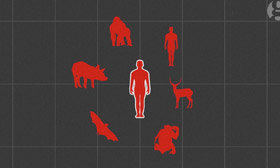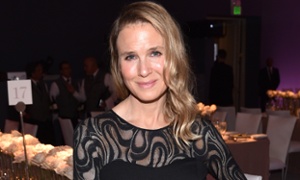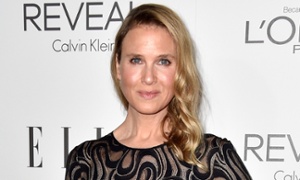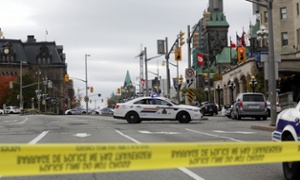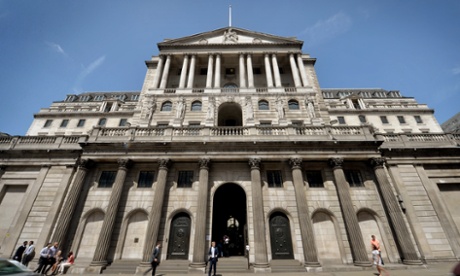
Bank of England policymakers have signalled that there will be no rise in interest rates soon amid slowing economic recovery and heightened risks from the eurozone.
Minutes of the October meeting of the Bank’s rate-setting Monetary Policy Committee (MPC) showed seven members voted to leave rates unchanged at the historic low of 0.5% they fell to at the height of the financial crisis in March 2009.
The committee’s two dissenters, Martin Weale and Ian McCafferty, were looking increasingly isolated as their vote for a 0.25 point hike in rates was overruled for the third month in a row.
The majority of the MPC felt the risks associated with a rate rise were too great amid signs the UK recovery was losing momentum. They also believed there was little justification for an increase with inflation below the 2% target at 1.2% and persistently weak wage growth.
It argued: “A premature tightening in monetary policy might leave the economy vulnerable to shocks, with the scope for any stimulus that subsequently became necessary being limited by the effective lower bound on Bank rate.
“While the economy had been growing sufficiently quickly to absorb some of the slack in the economy, there were some signs that the pace of growth was beginning to ease. The housing market appeared to be cooling with house price growth slowing to a more sustainable pace. Further downside news in the euro area had increased the risks to the durability of the UK expansion in the medium term.”
Economists are forecasting the first rate rise around the middle of 2015, as the arguments put forward by the majority of the MPC in October remain relevant in the coming months.
Chris Williamson, chief economist at Markit, said: “Unless pay growth shoots up in the next couple of months, a rate rise soon after the [general] election [in May 2015] now looks the most likely scenario.”
Samuel Tombs, senior UK economist at Capital Economics, said: “With the eurozone’s malaise unlikely to right itself quickly and inflation set to ease further over the coming months, it is hard to see what will trigger the MPC to raise interest rates over the next few months.”
Last week, Andy Haldane, the Bank’s chief economist and member of the MPC, said he was gloomier about the prospects for the economy than he was a few months ago, with the implication that “rates could remain lower for longer, certainly than I had expected three months ago”.
The October minutes revealed that Weale and McCafferty remain at odds with the majority of their colleagues, arguing the MPC should look through low inflation, just as it had previously looked through high inflation pushed up by external price pressures. They argued that although growth in the eurozone had been disappointing, the UK had not been affected by damaging financial contagion. They also believed that wage growth might pick up sharply as unemployment continues to fall.
“In the judgment of these members, even after a rise of 25 basis points in Bank rate, monetary policy would remain extremely supportive, and an early rise would facilitate the committee’s aspiration that any subsequent rises in Bank rate should be only gradual,” the minutes said.






